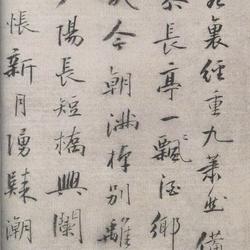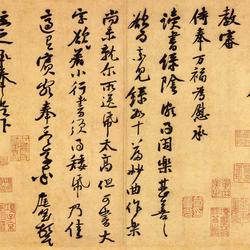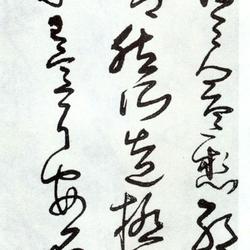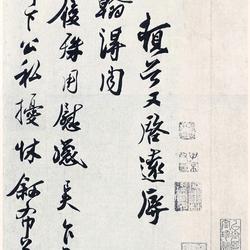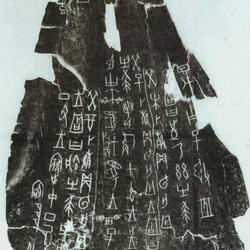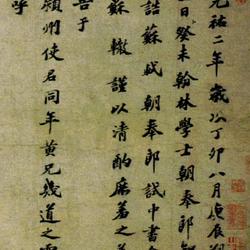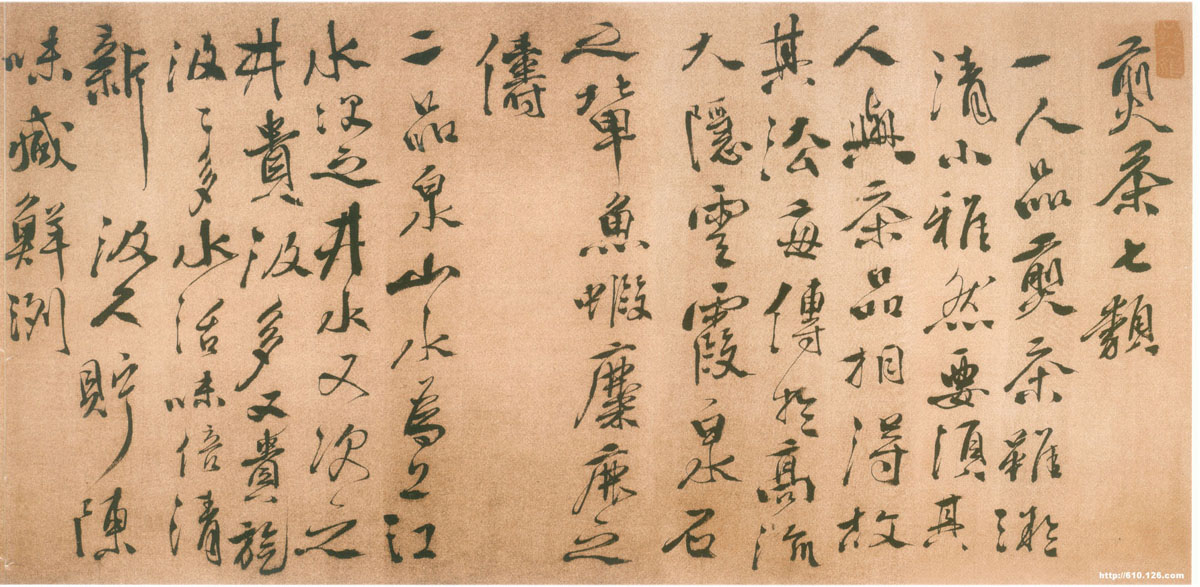

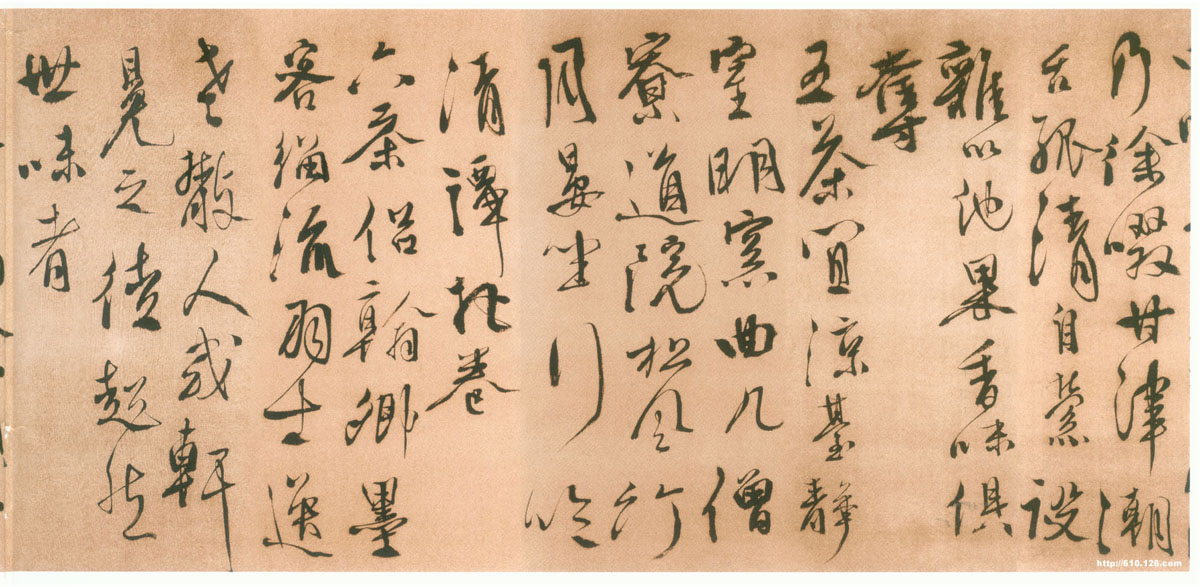
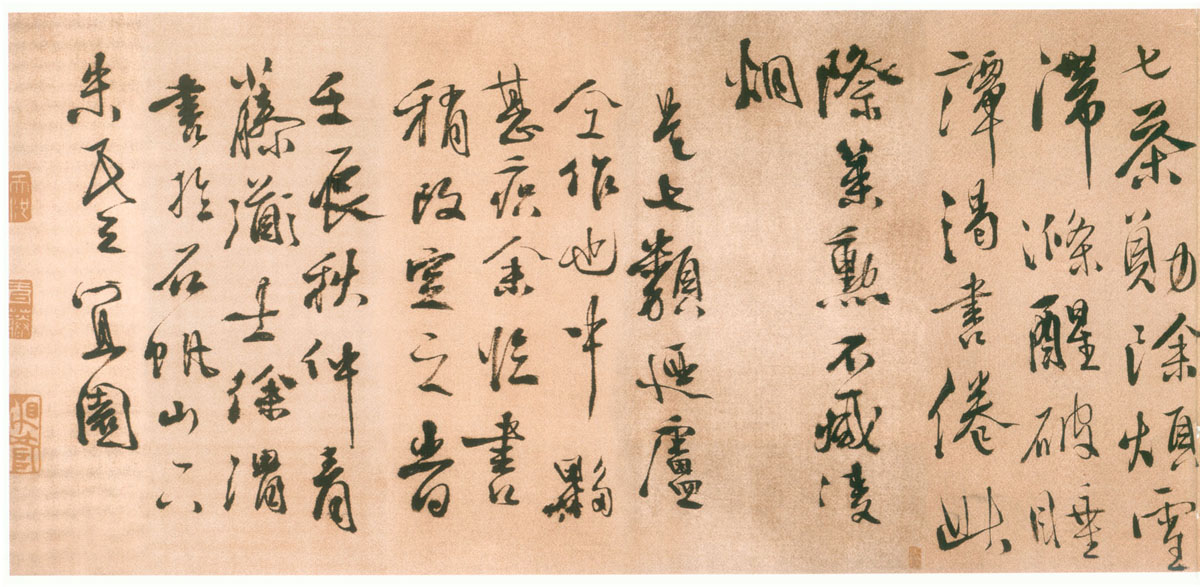
"Seven Categories of Sencha" 1592, 1592, 20th year of Wanxi year, 72nd year of Renchen Qiuzhong, August, Rongbaozai, Beijing
Explanation:
Seven categories of sencha
1. Character. Although sencha is subtle and elegant, it still requires people to get along with the tea. Therefore, its method is often passed down to the people of Gaoliu Dayin, Yunxiaquanshi, fish, shrimp and elk.
2. Taste the spring. Mountains and rivers are the highest, followed by rivers and wells. It's more expensive to drink more water, and it's more expensive to drink more water. If you drink more water, the taste will be fresher. If it's stored for a long time, the taste will be less fresh and harsh.
3. Cook some. Use live fire to cook, wait until the soup is scaly and foamy, put it into a tea vessel, add a little soup at first, wait for the soup and tea to be mixed, but then it will be full again. In an instant, the clouds gradually opened, floating flowers floated on the surface, and the taste was complete. The ancient tea is made with crushed crumbs and cakes, and the flavor is easy to come out. Today's leaf tea is still fresh, but if it is too ripe, the flavor will be lost, and if it is overripe, the flavor will be dull and stagnant.
4. Taste tea. Wash and rinse first, then slowly sip, the sweet taste will flow to the tongue, and the pure essence will linger. Mix it with other fruits, and the fragrance and taste will be taken away.
5. Tea is appropriate. The verandah is a quiet room with several open windows, a monk's dormitory and a Taoist courtyard, with pines in the wind and bamboo in the moonlight.
6. Tea lovers. Han Qing Mo Ke, Taoist priests, Yi Lao San people or Xuan Mian disciples, they are also aloof from the world.
7. Cha Xun. To remove the troubles and snow stagnation, to wake up and break the disease, Tan is thirsty and tired of studying. At this time, he will do his best and will not reduce the smoke.
These seven categories were written by Lu Tong. He was very ill, so I was busy writing and revised them slightly. In the middle of autumn in Renchen, Ivy Taoist Xu Wei wrote a book in Zhu's Sanyi Garden at the foot of Shifan Mountain.

